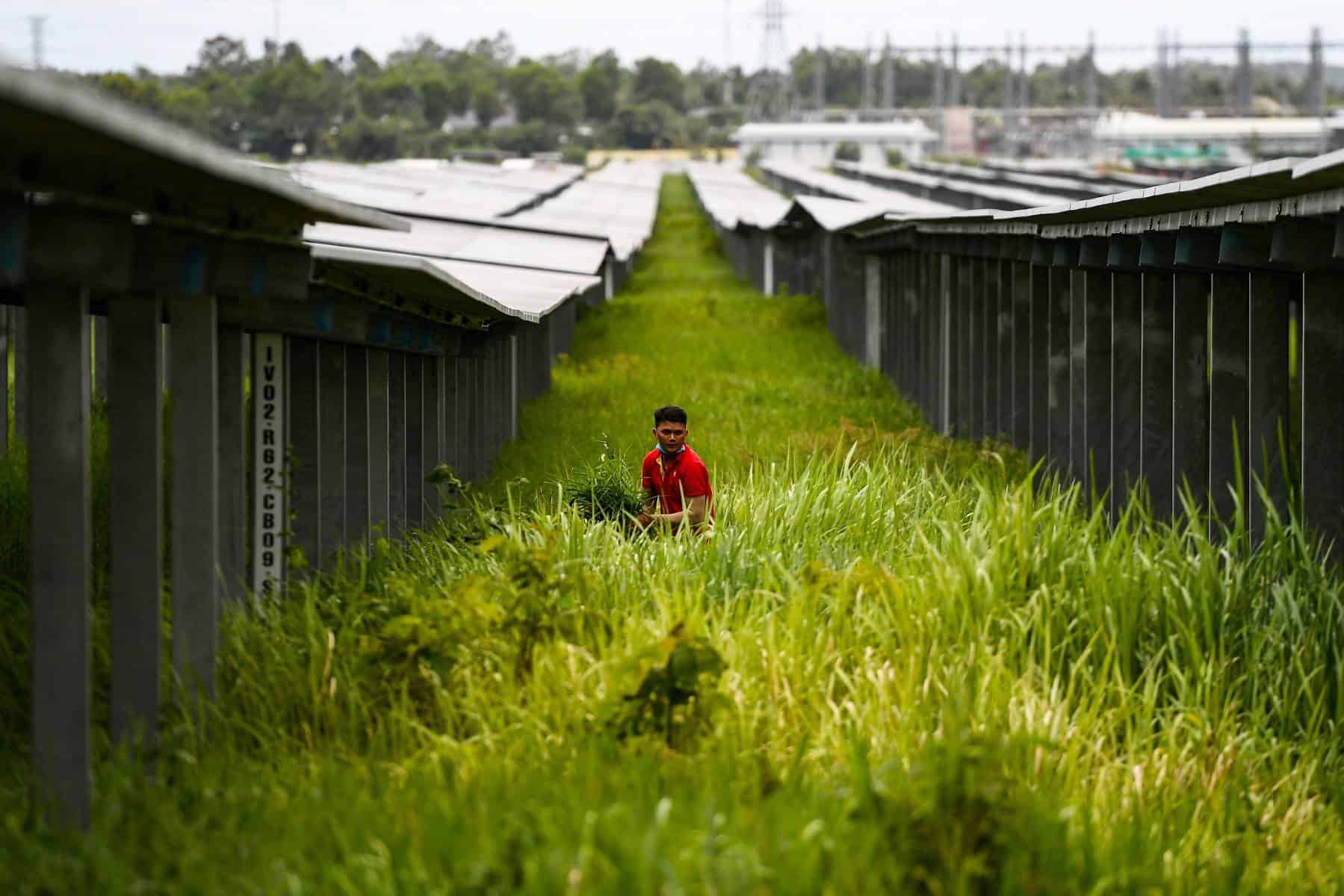Dubai, UAE — Action on climate change requires major economic investment and developing countries will now get support through the newly launched Action on Climate and Trade (ACT) initiative, the World Economic Forum (WEF) has said.
Launched by the World Economic Forum, the World Trade Organisation (WTO) and the World Bank Group, the scheme aims to help participating countries, including least-developed countries, to use trade to meet their climate targets.
“These three institutions are going to leverage their analytical and capacity-building programs to deliver participating developing economies with analysis specific to their trade flows to support their climate mitigation and adaptation goals,” an article quoted Kimberley Botwright, Head of Sustainable Trade at the World Economic Forum, as saying during the initiative’s launch.
“ACT will also drive public-private dialogue around this analysis to help stakeholders define and take actions to use trade for climate mitigation and adaptation. More concretely, ACT will start with one pilot economy and then we hope to scale work in the months to come.”
Initiatives like ACT are vital to help developing countries achieve their national adaptation climate plans and nationally-determined contributions (NDCs) as outlined under the Paris Agreement. After all, it is often the lowest income countries who are the most impacted by global warming but only account for one-tenth of emissions.
“For developing countries, trade can help address many challenges and opportunities related to climate change. Developing countries are in a unique position – they’re seeking to achieve their development goals, including through trade, while simultaneously adapting to climate and contributing to its mitigation,” explained Mona Haddad, the World Bank Group’s Global Director for Trade, Investment and Competitiveness.
Vulnerable populations in developing economies often suffer disproportionately damaging outcomes in terms of health, food insecurity and livelihood, among others, and there is only a narrow window of opportunity to put mitigating and adaptation policies in place.
“Urgent action is needed to meet climate goals. Many companies are undertaking supply chain decarbonization and looking to green trade. Developing countries must be empowered to identify new opportunities and shape a future net-zero global economy,” Sean Doherty, Head of International Trade and Investment at WEF, said in a statement.
Tailored trade analysis on climate change
ACT will use the expertise of the three participating organizations to provide participating economies with tailored trade analysis so they can plan for the impact of climate change on trade, leverage opportunities for climate action and trade growth, and identify areas of collaboration with partners in a bid to reach net zero.
“Emerging markets has abundant availability of cheap, affordable renewable energy that can be built out. That can be a basis for a competitive position in the future, especially if we are driving a change – as we need to do – towards a greener economy. Then this is a significant opportunity,” Terje Pilskog, the CEO of Scatec, said during the launch panel.
Trade, investment to support climate action
The World Economic Forum believes that business supply chains, in particular, can be an important driver of sustainability and that trade can support efforts to reduce emissions through climate-friendly technologies.
Communities associated with the Forum have identified 25 technologies and accompanying services that trade policymakers should prioritize to accelerate emissions reductions. These sit across five areas found in many countries’ climate action plans and comprise Refrigerants; Energy supply; Buildings; Transport; and Carbon capture and storage.
Governmental and private sector organizations can therefore ensure that global trade and investment supports action to reduce emissions by making climate-friendly technologies available, although collaboration will be crucial in achieving this aim.

